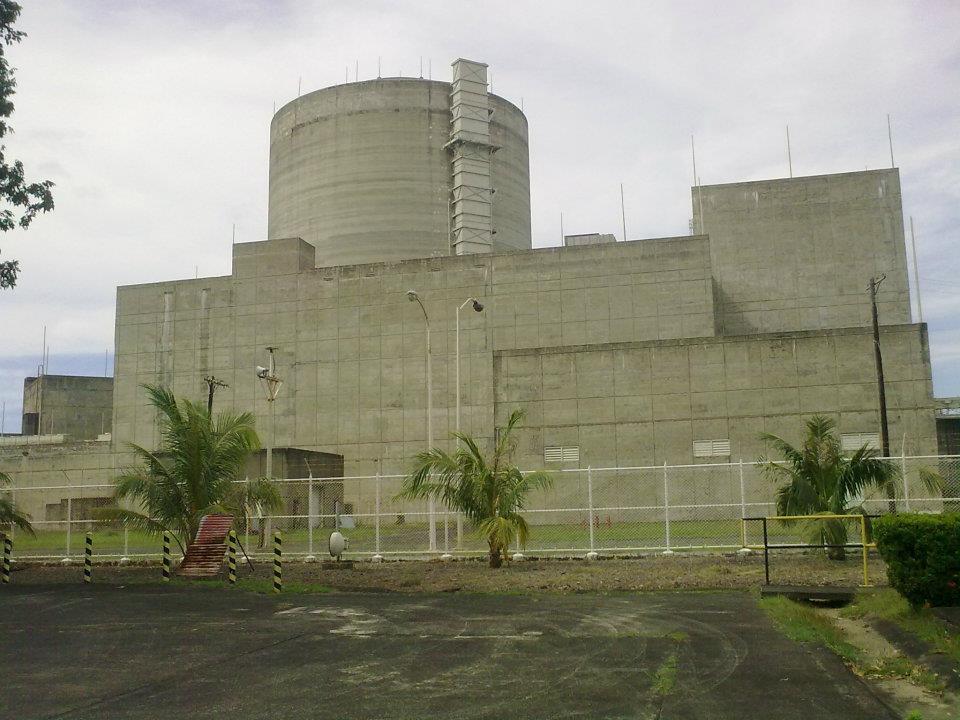President Rodrigo Duterte has expressed his plans to consult the residents of Bataan before the government decides to revive the Bataan Nuclear Power Plant (BNPP).
Presidential Spokesperson Harry Roque made this remark in a virtual presser following Duterte’s recent meeting with Energy Secretary Alfonso Cusi and former Pangasinan Rep. Mark Cojuangco.
He said that Duterte wanted the proposal to revive BNPP “carefully studied”, but also emphasized the importance of bringing it to the “ground level” or having consultation with the people of Bataan.
“Ang sabi naman po ng ating Presidente, kinakailangan talagang pag-aralan ng mabuti ‘yan. Ibalik sa ground level. Tatanungin ang taongbayan ng Bataan kung ano ba talaga yung gusto nila. Hindi pupuwede na yung sa taas nanggagaling yung desisyon,” he said.
RELATED STORY: PH eyes reopening of Bataan Nuclear Power Plant
Roque, who hails from Bataan, said Bataan residents would know what is best for the province, as per reports from the Philippine News Agency.
“Tayo daw po ang unang konsultahin kung mabubuksan muli ang Bataan Nuclear Power Plant,” he added.
Last July, Duterte, through Executive Order No. 116, ordered a study on the feasibility of introducing nuclear power in the country’s power generation mix.
In the EO, Duterte created the Nuclear Energy Program Inter-Agency Committee (NEP-IAC) to develop the national position for a nuclear power program in the country, including the possible use of the BNPP.
The NEP-IAC must also take into consideration economic, security and environmental implications, and engagement of the public and relevant stakeholders, according to the EO.
READ ON: Duterte revives plan to tap nuclear energy program
It will be chaired by the Department of Energy while the Department of Science and Technology will serve as its co-chair.
Cusi lauded the signing of the EO, describing it as a “major step towards the realization of a Philippine nuclear energy program”.
The BNPP is the country’s first and only nuclear power plant built during the term of former President Ferdinand Marcos. However, it never became operational due to alleged safety concerns and corruption issues.
Currently, nuclear power plants are prohibited under the Constitution.
The Philippines has been looking at Russia to invest in the country’s energy sector after previously signing a memorandum of cooperation on a nuclear power cooperation program in 2017.




